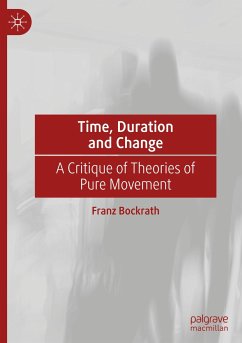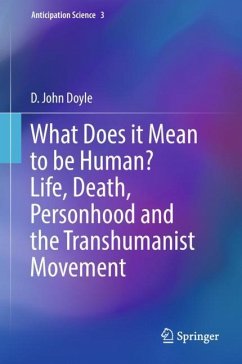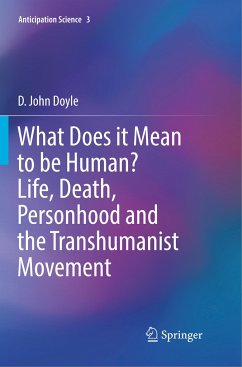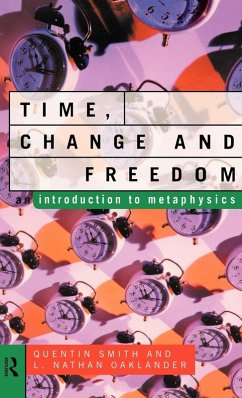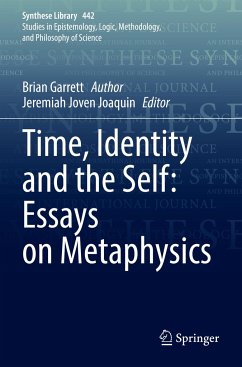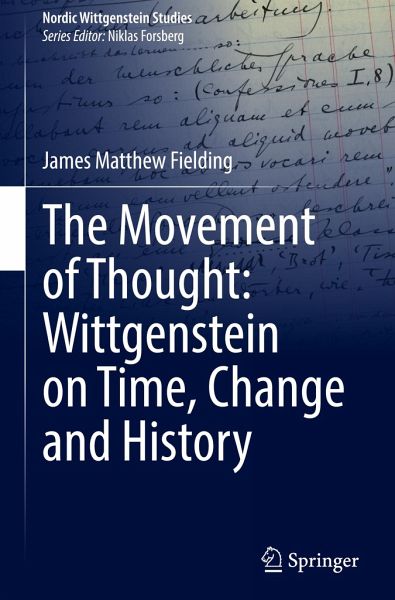
The Movement of Thought: Wittgenstein on Time, Change and History
Versandkostenfrei!
Versandfertig in 6-10 Tagen
98,99 €
inkl. MwSt.
Weitere Ausgaben:

PAYBACK Punkte
49 °P sammeln!
This book covers the topic of history and the role that it played in the Austrio-British philosopher Ludwig Wittgenstein's thought. The topic is explored from multiple angles, both chronologically and thematically. Reviewing Wittgenstein's two magnum opera - the Tractatus Logico-Philosophicus (1921) and Philosophical Investigations (1952), this work is an investigation into an under-acknowledged element in Wittgenstein's thought, one which in many cases acted as an impetus for that life-long process of novel philosophical reflection: History.This volume traces the evolution of Wittgenstein's t...
This book covers the topic of history and the role that it played in the Austrio-British philosopher Ludwig Wittgenstein's thought. The topic is explored from multiple angles, both chronologically and thematically. Reviewing Wittgenstein's two magnum opera - the Tractatus Logico-Philosophicus (1921) and Philosophical Investigations (1952), this work is an investigation into an under-acknowledged element in Wittgenstein's thought, one which in many cases acted as an impetus for that life-long process of novel philosophical reflection: History.
This volume traces the evolution of Wittgenstein's thoughts on time and temporality from the Tractatus, through the Investigations, into some key post-Investigations remarks and also examines the motivations behind Wittgenstein's post-Tractarian return to philosophy and, in particular, the unique methodology he developed in order to serve his renewed purpose. The final chapter seeks to answer thequestion, What was Wittgenstein trying to achieve with Philosophical Investigations? This book is of interest to philosophers.
This volume traces the evolution of Wittgenstein's thoughts on time and temporality from the Tractatus, through the Investigations, into some key post-Investigations remarks and also examines the motivations behind Wittgenstein's post-Tractarian return to philosophy and, in particular, the unique methodology he developed in order to serve his renewed purpose. The final chapter seeks to answer thequestion, What was Wittgenstein trying to achieve with Philosophical Investigations? This book is of interest to philosophers.








